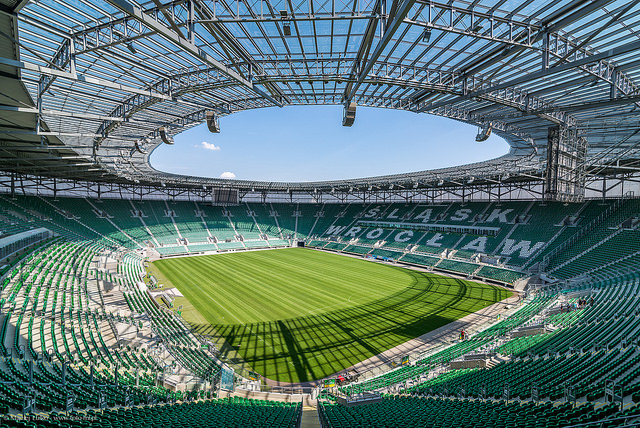As environmental concerns gain urgency, the sports industry is turning its attention to sustainability—starting with the very venues where games are played. From solar-powered arenas to zero-waste stadium initiatives, sustainability is no longer a side project but a core business strategy. Franchises across leagues like the NFL, NBA, and Premier League are investing in eco-friendly infrastructure to reduce their carbon footprint, cut operational costs, and align with environmentally conscious fans and sponsors.
The business incentives are clear. Sustainable stadiums attract environmentally aware fans and open doors to green partnerships and government incentives. They also lower long-term utility and maintenance expenses. For example, Climate Pledge Arena in Seattle runs on 100% renewable energy, uses rainwater for ice production, and sources local, sustainable food for concessions. Such innovations are not only environmentally sound but also resonate with a growing demographic of fans who expect purpose-driven business practices.
This green shift is also influencing how future venues are designed and how existing ones are retrofitted. Architects, engineers, and sports executives are collaborating to build smarter, more efficient facilities that reflect broader climate goals. As climate action becomes a global priority, sustainable stadiums are setting a new standard—proving that sports and environmental responsibility can be powerful teammates in shaping the future.







Leave a Reply